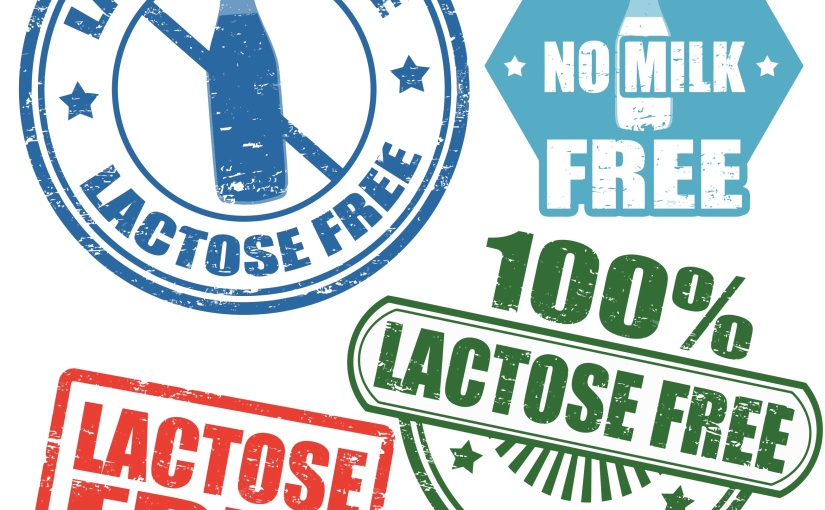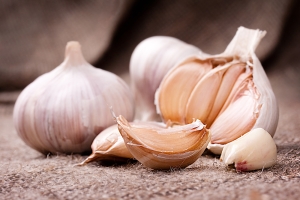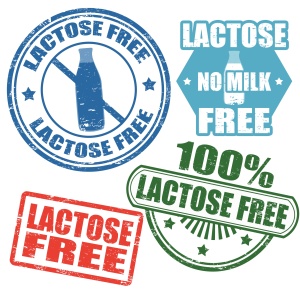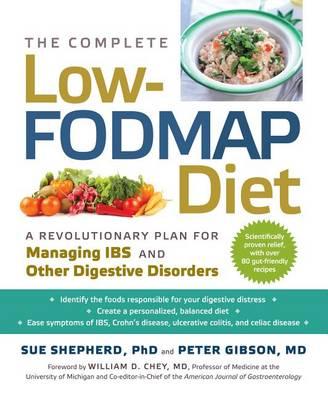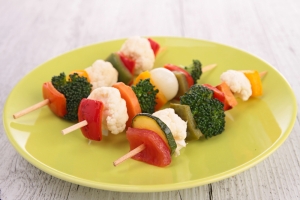How IBS can start
 There are many ways to which symptoms from IBS (Irritable Bowel Syndrome) can start. For me it has been a certain type of food, or lack of exercising, sitting for long periods of time for work and definitely stress. IBS has caused severe pain, social and emotional agony. It’s no fun at all!
There are many ways to which symptoms from IBS (Irritable Bowel Syndrome) can start. For me it has been a certain type of food, or lack of exercising, sitting for long periods of time for work and definitely stress. IBS has caused severe pain, social and emotional agony. It’s no fun at all!
I have always been very passionate and health and wellness and for the last seven years I have ate mostly clean foods – but some foods, even in little portions have caused symptoms, some of them lasting for weeks. So here is a list of possible causes for IBS :
- If who suffer from IBS you may have a colon that is super sensitive to certain foods or stressful situations, which cause the many unfavorable symptoms
- Food or liquids in your intestines may move rather slowly, which means extra fluids are absorbed, resulting in constipation; or it’s the opposite – the contents move too fast, and its diarrhea 😦
- You could experience sudden contractions that come and go, or stop working temporarily
- You could have a bacterial infection in the gastrointestinal tract
- And problems with bowel movements could be due to abnormal serotonin levels in the gastrointestinal tract.
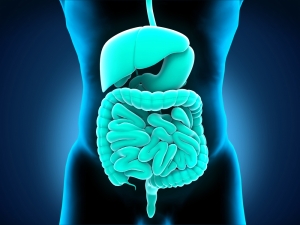
Like I mentioned above, stress can play a role in IBS. It can worsen symptoms (it does). And what are other ways that symptoms can intensify?
- Eating heavy or fatty meals (fried food, mayo, whole milk, ice cream, pasta sauces, meat)
- Eating a lot of different foods at one (think Thanksgiving, a wedding, party)
- Consuming dairy products (try products with almond or rice milk)
- Foods with gluten like wheat, rye and barley or other breads and baked goods
- Beer (it’s hard to give up completely so I just go for a small glass or I sip someone else’s beer)
- Carbonated drinks (soda is bad for you anyway!)
- Caffeine (just give it up for a week – you will feel better)
- And ladies if you’re on your period, that can also cause extra sensitivity
So what can you do about IBS? Exercising everyday will help, even if you just go for a walk. Avoid the trigger foods mentioned above. Learn how to meditate when you are experiencing stressful situations – your gut depends on it! And if you have not already heard, the low-FODMAP diet has helped me and it could help you! Try this video for meditation at home or at work!
Love Us, Follow Us and Subscribe!
- SIGN UP for our newsletter today –FODMAPLifeEmailNewsletter
- FACEBOOK –https://www.facebook.com/fodmaplife
- INSTAGRAM -https://instagram.com/fodmaplife
- TWITTER –https://twitter.com/FODMAPLife
- YOUTUBE – FODMAP Life
Related articles
- Understanding FODMAP (itsafodmaplife.wordpress.com)

